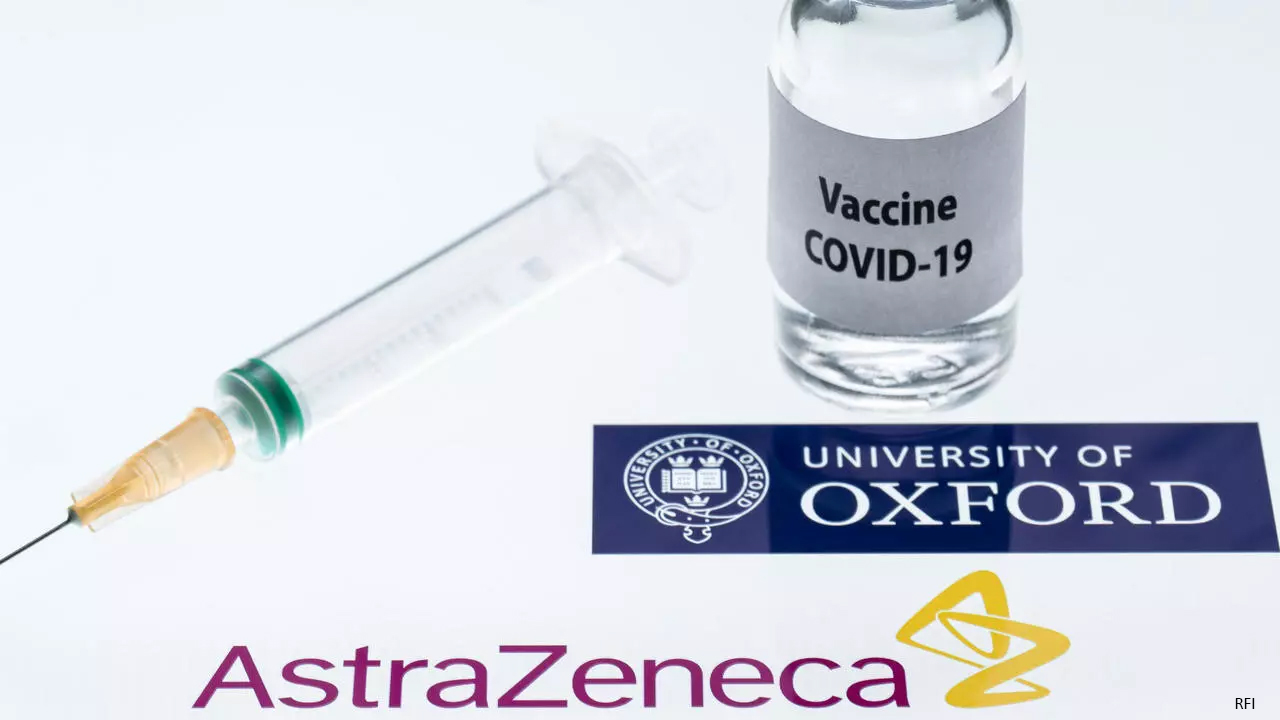Paving the way for Covid-19 vaccines to be distributed to low-income countries, the World Health Organisation on Monday granted emergency use listing (EUL) for the Oxford-Astrazeneca coronavirus vaccine manufactured by India's Serum Institute and South Korea's AstraZeneca-SKBio.
The authorisation will allow SII, the world’s biggest vaccine maker, to begin supplies of the Oxford vaccine to the WHO-backed COVAX initiative. Some 190 countries have joined the programme, which was established to ensure equitable distribution of vaccines.
Earlier, Serum Institute CEO Adar Poonawalla had said it would sell each dose at $3 for low-income countries. Besides the Oxford vaccine, WHO listed Pfizer and BioNTech's Covid-19 shot for emergency use on December 31.
The approval came after WHO's Strategic Advisory Group of Experts on Immunization (SAGE) reviewed the vaccine on February 8. The SAGE has recommended the vaccine for all age groups 18 and above.
"Countries with no access to vaccines to date will finally be able to start vaccinating their health workers and populations at risk, contributing to the COVAX Facility’s goal of equitable vaccine distribution," Dr Mariângela Simão, WHO Assistant-Director General for Access to Medicines and Health Products, said in a statement.
What does emergency use listing by WHO mean?
An EUL by WHO is an endorsement of sorts that will enable speedy pick-up of the vaccine by countries that lack an elaborate regulatory setup. According to WHO, its Emergency Use Listing assesses the quality, safety and efficacy of Covid-19 vaccines and is a prerequisite for COVAX Facility vaccine supply. It also allows countries to expedite their own regulatory approval to import and administer Covid-19 vaccines.
In the case of the AstraZeneca/Oxford vaccine, WHO assessed the quality, safety and efficacy data, risk management plans and programmatic suitability, such as cold chain requirements, the statement said. The process took four weeks.
Story Credit

 As the vaccine earns approval from WHO now it is eligible for distribution in low and middle-income countries
As the vaccine earns approval from WHO now it is eligible for distribution in low and middle-income countries










.jpeg)



















.jpg)
.jpeg)